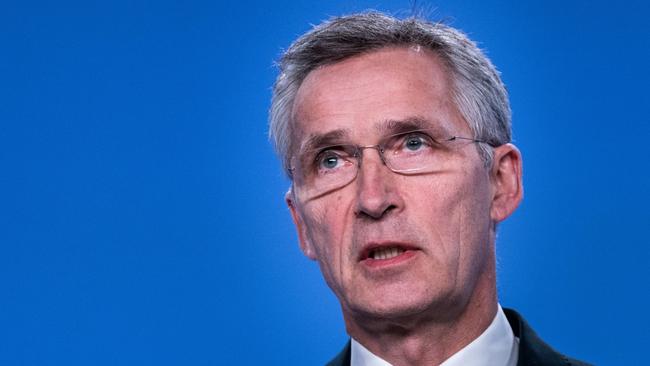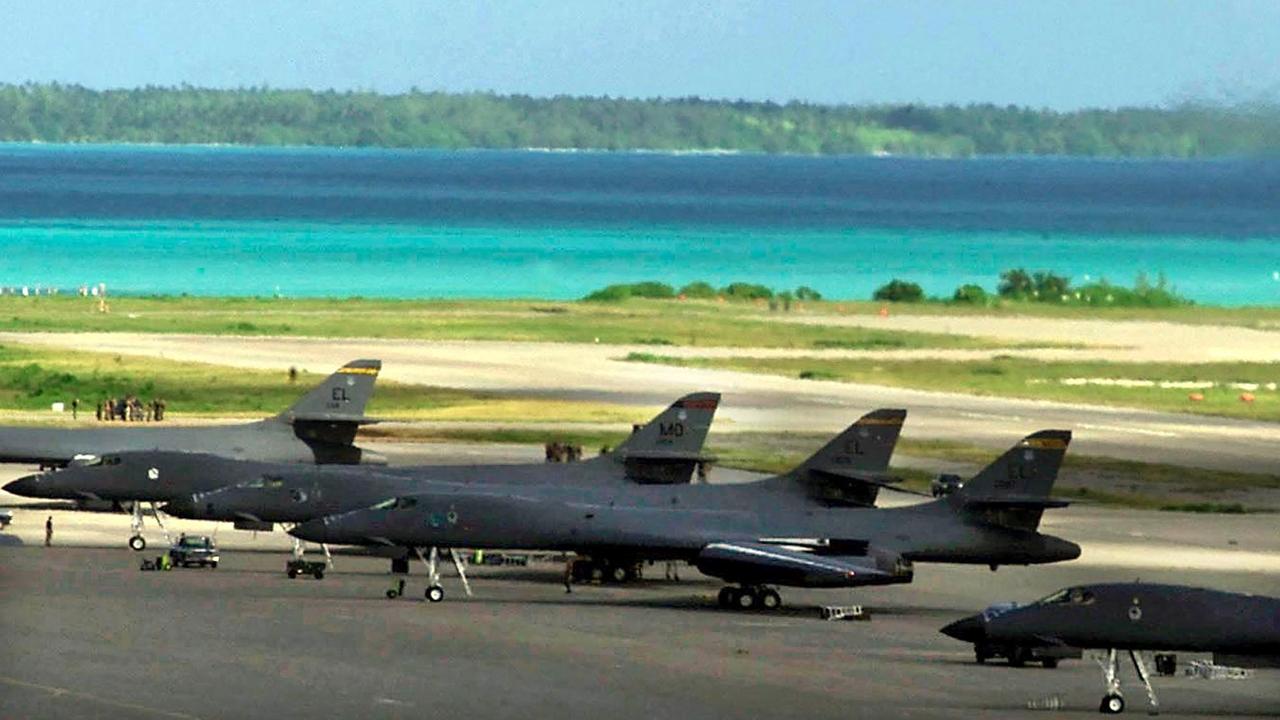NATO agrees to give Donald Trump more support in Middle East
President Donald Trump won a pledge from NATO to consider a greater role in the Middle East on Thursday.

President Donald Trump won a pledge from NATO to consider a greater role in the Middle East on Thursday as he looked to scale back US involvement after ruling out a military response to Iranian missile attacks.
NATO Secretary-General Jens Stoltenberg said in a phone call with Mr Trump that the 29-member alliance “could contribute more to regional stability and the fight against international terrorism”, a NATO spokesman said.
Mr Trump demanded in a televised address to the nation that NATO step up. He has pulled back from the brink of war with Iran after the rising tensions of the past fortnight.
NATO is part of the global coalition fighting ISIS and has been operating in a non-combat role to train troops in Iraq since 2018. About 500 NATO soldiers were in Iraq on Monday. The alliance has been reluctant to become involved in US conflicts outside Europe.
Mr Trump also appealed directly to Britain, France and Germany to join the US, China and Russia in forging a new deal to contain Iran, making the point directly in a phone call to British Prime Minister Boris Johnson. Mr Johnson had told the Commons earlier he thought the 2015 Iran nuclear deal abandoned by Mr Trump could still be revived.
Mr Trump said he would impose “additional punishing sanctions until Iran changes its behaviour”. He answered critics accusing him of lacking a strategy, saying: “I am going to ask NATO to become much more involved in the Middle East process.”
Mr Trump’s longer-term goal is to pull US troops from the region and his administration had to deny on Monday that a withdrawal from Iraq was under way after the leak of a letter from a one-star general on “repositioning” forces.
NATO said Mr Stoltenberg spoke to Mr Trump before his TV address.
“The President asked the Secretary-General for NATO to become more involved in the Middle East,” a spokesman said.
“They agreed that NATO could contribute more to regional stability and the fight against international terrorism.”
General Sir Richard Barrons, a former commander of joint forces command who held senior NATO appointments, said the alliance’s Iraqi deployment was “very low-key and does not constitute deployment of combat capability”. He added: “NATO as a military alliance regulated by its treaty is not the obvious organisation to do more in the Gulf beyond the capacity building it is doing now. But asking Europe, that has strong national interests in the Gulf, is a different proposition.”
On Tuesday NATO suspended its training program for Iraqi soldiers fighting ISIS and several alliance members are pulling troops out of Iraq.
In the past, Mr Trump has frequently criticised NATO as obsolete and has encouraged participants to increase military spending. White House officials say that before Mr Trump took office, just four NATO members had reached the 2 per cent benchmark for military spending set in 2014. Now there are nine, and 18 of the 29 are projected to meet the benchmark by 2024.


